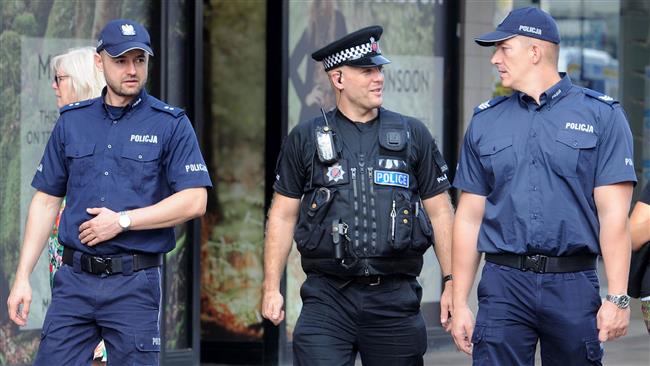
RNA - The EU embassies in Britain recently filed 60 incidents of suspected hate crime and abuse against their citizens.
On Monday, the British daily The Guardian published a survey based on which xenophobia, which was already present in the UK society, intensified since the referendum on Britain's exit from the EU.
The Guardian contacted the embassies of all 27 EU member states in London for an inquiry.
Only 17 embassies replied. Out of them, the embassies of Lithuania, Latvia, Sweden, Finland, Romania, Bulgaria, Hungary, and Poland confirmed the rise of xenophobic abuse in the 12 weeks since the EU referendum.
The Polish Embassy said 31 incidents of hate crime - the highest rate among other foreign missions - had been logged since June 23, including eight attacks in the past three weeks.
These include the killing of Arkadiusz Jozwik in Harlow, in an apparently unprovoked attack that is being treated by police as a possible hate crime as well as an arson attack on a Polish family in Plymouth that destroyed a shed at their home in Efford. The perpetrators left a note which read, “Go back to your country next be [sic] your family.”
Polish Ambassador to London, Arkady Rzegocki, said he was “saddened by each and every incident.”
“The Polish community is the largest national minority in the UK and, due to its visibility, may be statistically an easier target of xenophobic abuse," he said.
Researchers have link the upsurge in xenophobic attacks to the buildup of anti-EU sentiment ahead of the Brexit referendum.
They say the violent hate crimes “should come as no surprise.”
“Given the way that they [Eastern Europeans] have been portrayed repeatedly as scroungers, cheats and, ultimately, threats. This depiction, which intensified in the build-up to the referendum, of course predated it. The hate crimes are a product of a politically constructed climate which has been years in the making,” said Jon Burnett, a researcher at the Institute of Race Relations.
On June 23, 2016, the United Kingdom held a referendum on European Union membership, which resulted in an overall vote in favor of leaving the bloc.
111/847/C